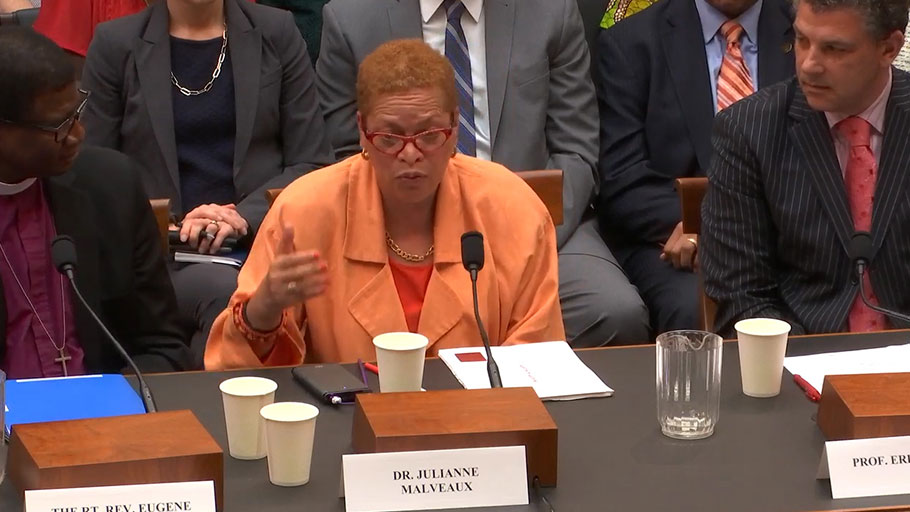
By Lauren Victoria Burke — “These are the vestiges of enslavement that people don’t want to deal with,” said Dr. Julianne Malveaux, the former President of Bennett College. Malveaux testified…

By Lauren Victoria Burke — “These are the vestiges of enslavement that people don’t want to deal with,” said Dr. Julianne Malveaux, the former President of Bennett College. Malveaux testified…
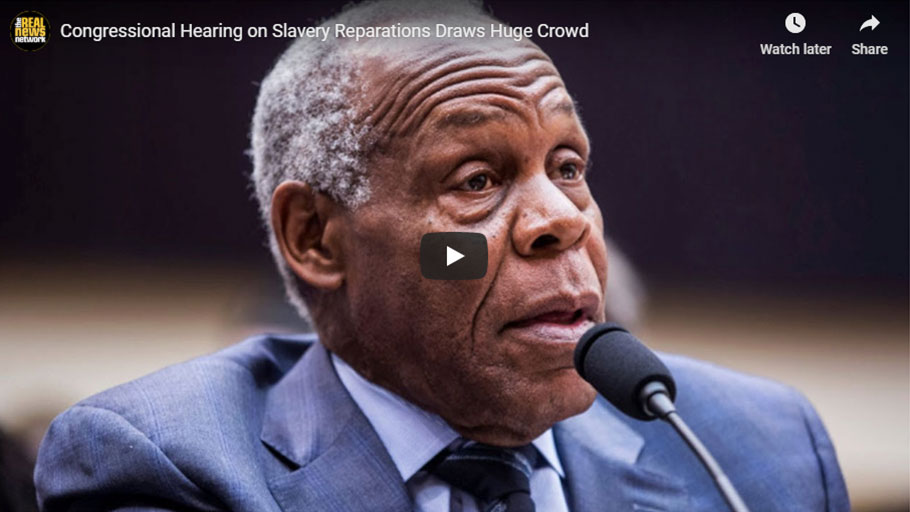
The Real News Network — Large and passionate crowds gathered to witness historians, economists, academics, and politicians testify for the first time in nearly a dozen years on H.R. 40, the landmark House bill to…
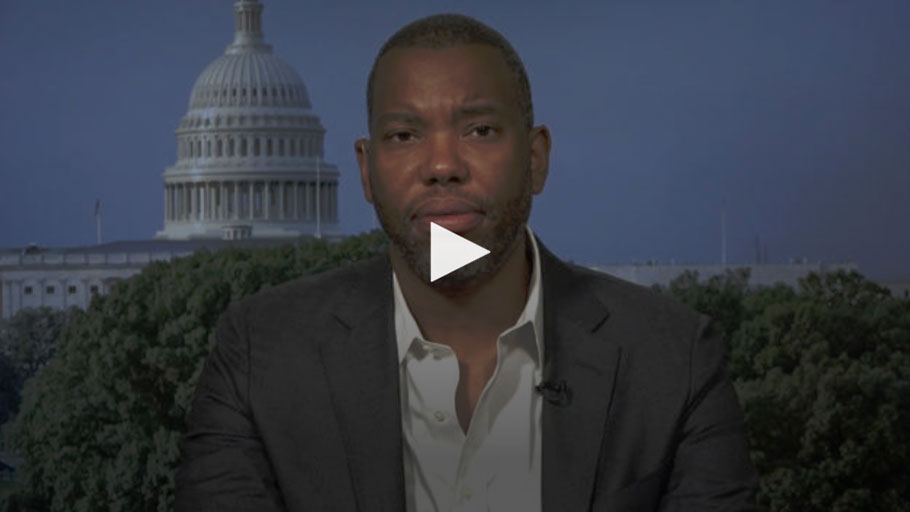
By Amy Goodman & Nermeen Shaikh — On the heels of Wednesday’s historic hearing on reparations, we speak with renowned writer Ta-Nehisi Coates on the lasting legacy of American slavery,…
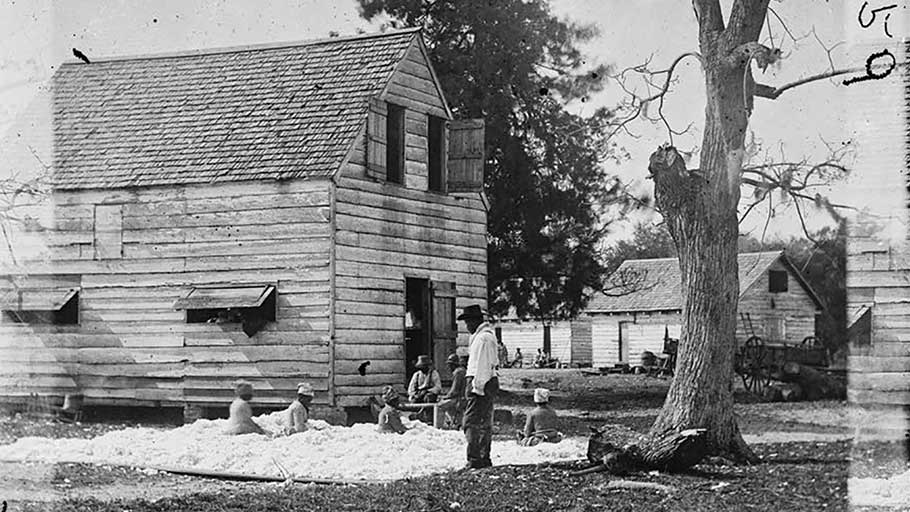
By Katherine Franke — A bill calling for the federal government to “study and consider” how to provide reparations to African Americans for slavery has been introduced into every session of the US Congress for the last thirty years. The bill’s aim is “to address the fundamental injustice, cruelty, brutality, and inhumanity of slavery in the United States and the thirteen American colonies between 1619 and 1865.” Representative John Conyers, the primary sponsor of the…
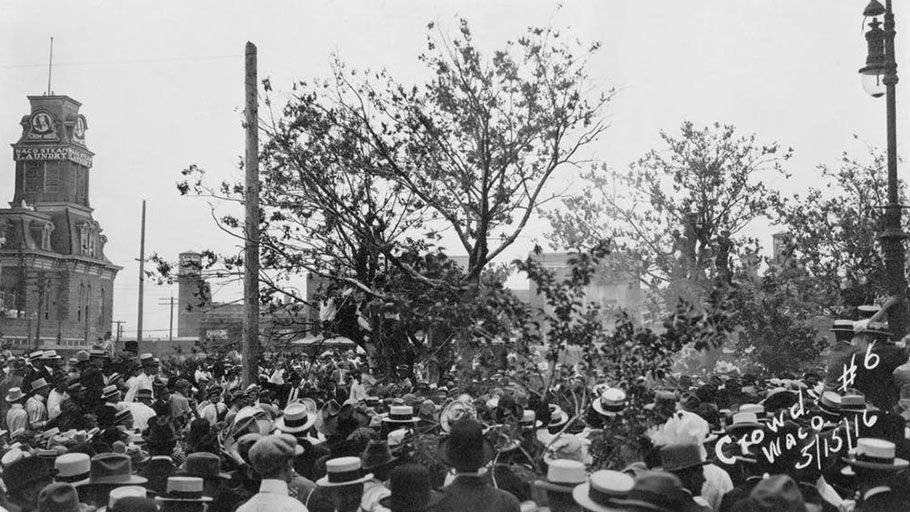
By Kelebogile Zvobgo — Between 1850 and 1950, thousands of African American men, women and children were victims of lynchings: public torture and killings carried out by white mobs. Lynchings were…
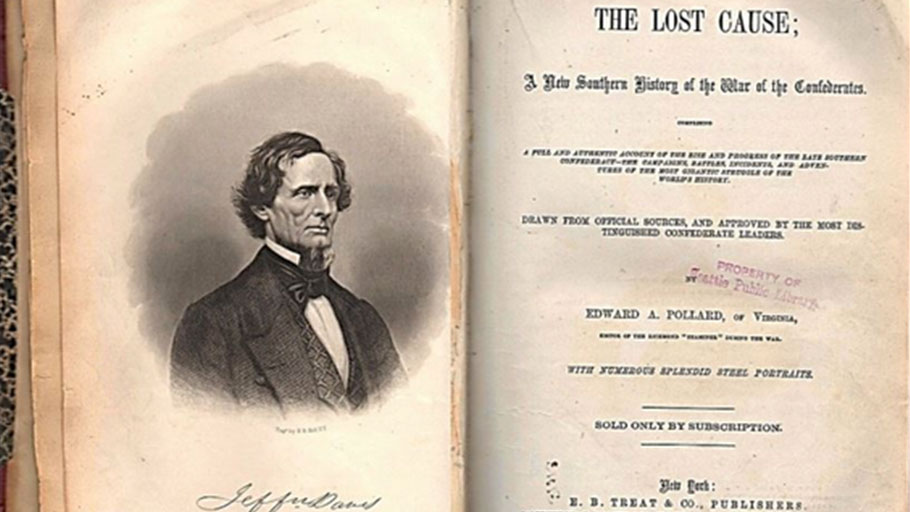
By M. Andrew Holowchak — The two most significant issues that led to war between the North and South were, most scholars acknowledge, slavery and states’ rights. Northern states had…
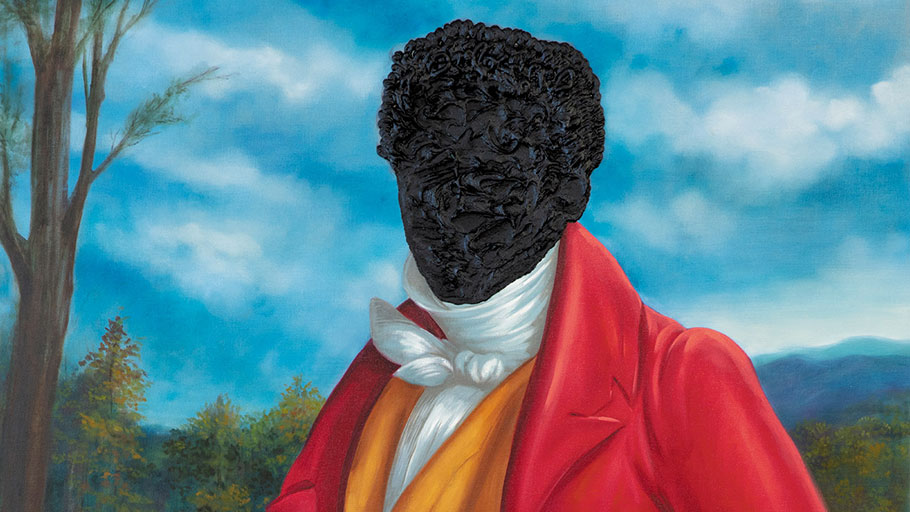
By Nicholas Guyatt — Were the Founding Fathers responsible for American slavery? William Lloyd Garrison, the celebrated abolitionist, certainly thought so. In an uncompromising address in Framingham, Massachusetts, on July 4, 1854, Garrison denounced the hypocrisy of a nation that declared that “all men are created equal” while holding nearly four million African-Americans in bondage. The US Constitution was hopelessly implicated in this terrible crime, Garrison claimed: it kept free…
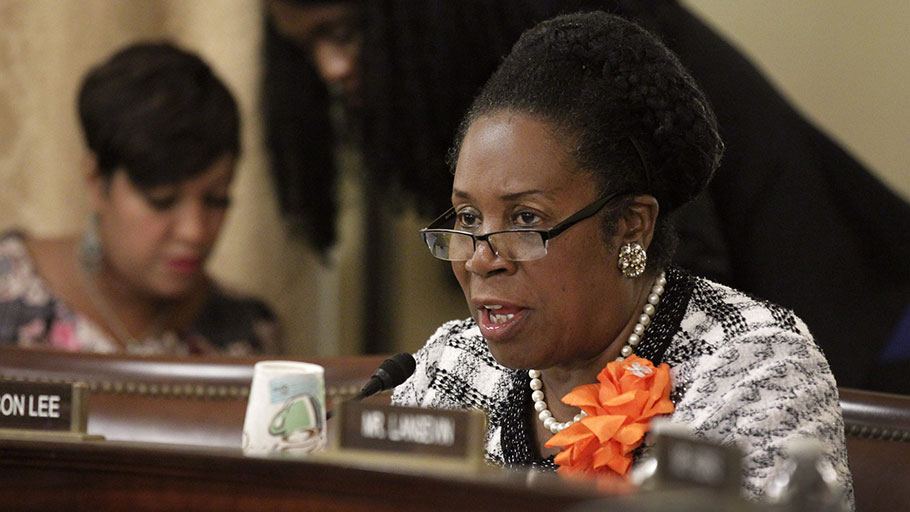
HR 40 is about more than money. It’s about grappling with history. By The Christian Century — In a widely discussed 2014 essay in the Atlantic titled “The Case for Reparations,”…
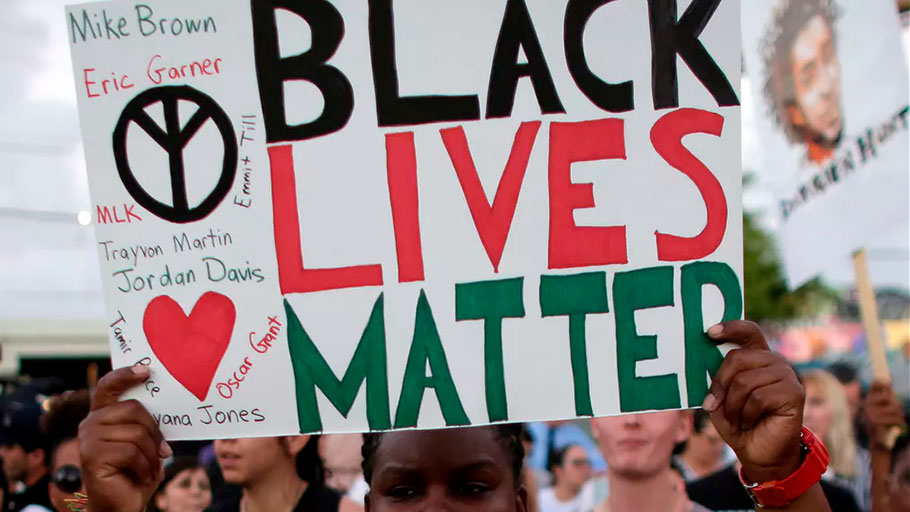
But the persistence of racially biased policing means that unless American policing reckons with its racist roots, it is likely to keep repeating mistakes of the past. Connie Hassett-Walker, The Conversation — Outrage over racial profiling and the killing of African Americans by police officers and vigilantes in recent years helped give rise to the Black Lives Matter movement. But tensions between the police and black communities are nothing new. There are many precedents to the Ferguson,…
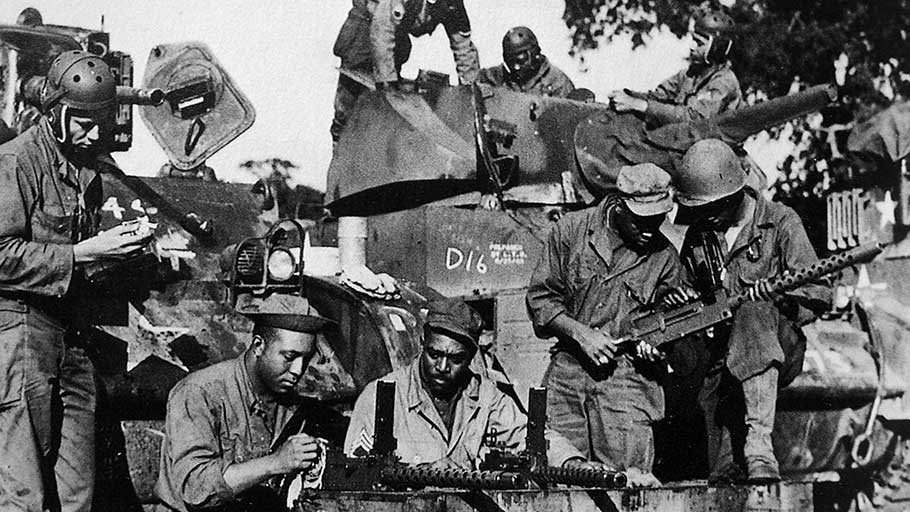
By Earl Ofari Hutchinson — Thursday June 6, 2019, marks the 75 anniversary of the Normandie invasion. The invasion along with Stalingrad, the battle of Moscow, the brutal struggles in…
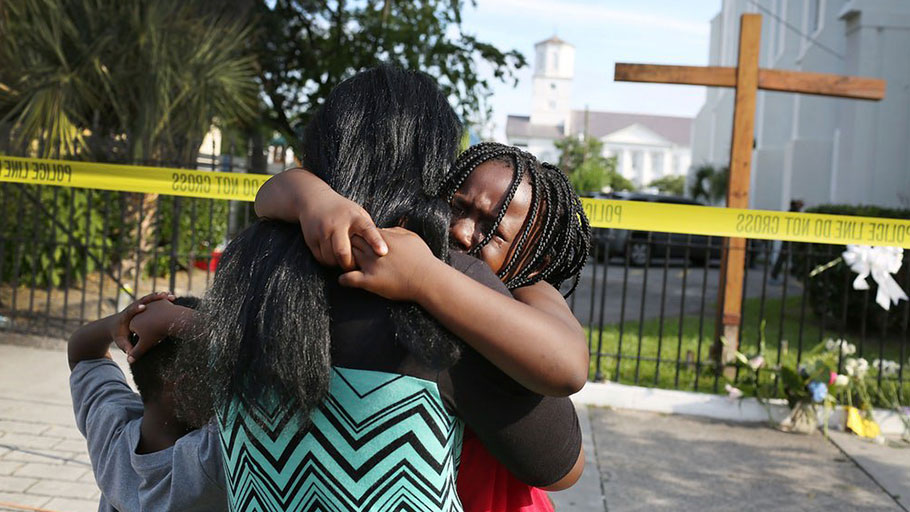
How the legacy of Jim Crow haunts Trump’s America By Kimberlé Williams Crenshaw, The New Republic — This April, PBS aired a groundbreaking documentary series on the fate of Reconstruction—and therefore of Black America. Featuring more than 40 scholars (myself among them) and Black descendants of key figures in Reconstruction’s history, this copiously researched chronicle also doubles as a powerful and chilling window on to our own age of violent and resurgent white nationalism.
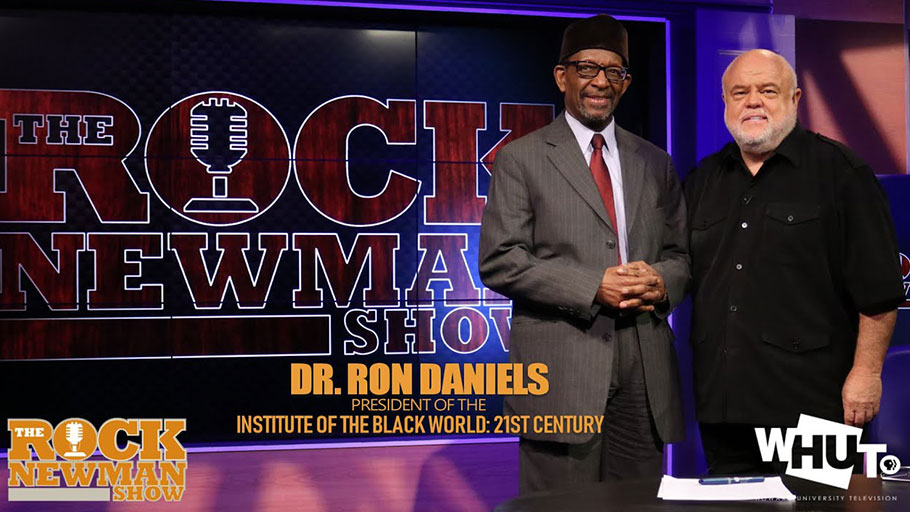
Rock Newman Show — With reparations, gentrification, issues like the Mueller Report and rising calls for president Trump’s impeachment making headlines. We’ll share an illuminating discussion of the “Politics of the Unusual” with political scientist Dr. Ron Daniels, president of “The Institute of the Black World 21st Century”. Comments: Share your thoughts or read comments made by others about this episode of the Rock Newman Show on the Rock Newman…